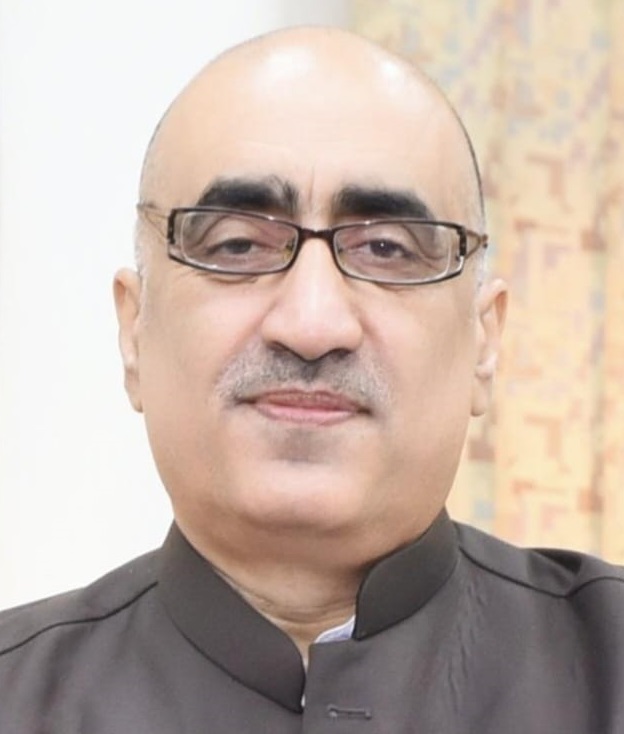Dr Liaqat Ali
In the aftermath of the recent Indo-Pak skirmish, Pakistan has witnessed the emergence of a modern-day Demosthenes in the form of Bilawal Bhutto Zardari (BBZ). Much like the legendary Greek orator, BBZ demonstrated exceptional command over international media platforms. His ability to articulate Pakistan’s position with clarity and conviction has not only raised eyebrows abroad but also stirred a renewed sense of pride at home. His advocacy for counterterrorism and consistent efforts to shape global opinion, especially in Western circles including the United States have showcased his diplomatic maturity and his role as a de facto foreign minister.
The legacy of three generations of Bhuttos was on full display as Bilawal addressed renowned international media outlets such as CNN, BBC, and DW. He reflected the precision of his grandfather Zulfikar Ali Bhutto and the composure and assertiveness of his late mother, Shaheed Mohtarma Benazir Bhutto. One of the challenges of politics in South Asia is the deeply entrenched bias of opinion-makers, who often dismiss articulate leaders as theatrical or superficial. In our part of the world, unfortunately, meaningful oratory is frequently overshadowed by populist slogans shouted in masculine bravado more noise than nuance.
Since 2015, Parliament has seen its share of unserious characters – entertainers and loudmouths who provide comic relief but little substance. In contrast, Bilawal’s recent media presence brought back a much-needed seriousness to political discourse. He spoke with academic depth, a composed presence, and the gravitas of someone who carries not only political experience but also personal history – rooted in the soil of Garhi Khuda Bakhsh, where generations of Bhuttos rest.
The political lineage does matter in South Asian democracies, be it the Gandhis in India or the Bhuttos in Pakistan. Bilawal’s intellectual rebuttals were not only timely but also effective. Indian media, unable to counter him with reason, resorted to personal attacks and vitriol on national screens. This overreaction only affirmed the impact of his words. His calm but confident demeanor stood in stark contrast to the silence of Pakistan’s finance minister during this tense period.
The skirmish, while brief, revealed the multidimensional strength of Pakistan. Our armed forces defended the borders with gallantry, our diplomatic efforts were spearheaded with clarity by Prime Minister Mian Muhammad Shehbaz Sharif, and the people demonstrated resilience. Bilawal Bhutto Zardari’s articulate presence on international media provided the voice of reason and national dignity.
I have long followed India’s seasoned diplomat S Jaishankar – an experienced and refined figure in global diplomacy. But in this particular moment, and with no conflict of interest, it was Bilawal who stood taller in the realm of statesmanship, oratory, and intellectual engagement. In every sense, he carried the legacy of Demosthenes into the 21st century.
The writer is a clinician, medical educationist and researcher. He is working as a professor of urology at the Institute of Kidney Diseases (IKD), Hayatabad Medical Complex (HMC), Peshawar. He can be reached at: liaqatikd@gmail.com.
Related Posts






Comments